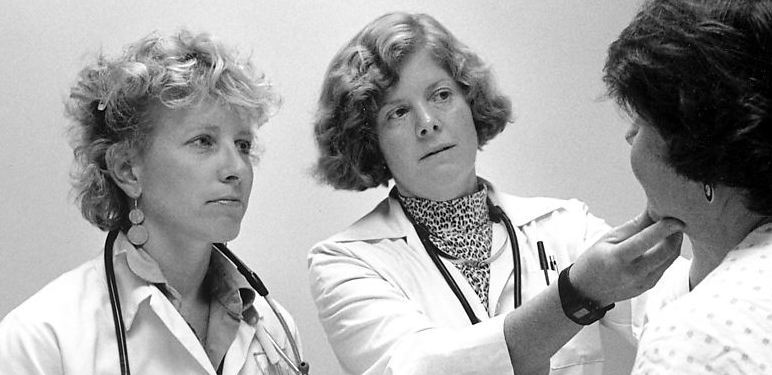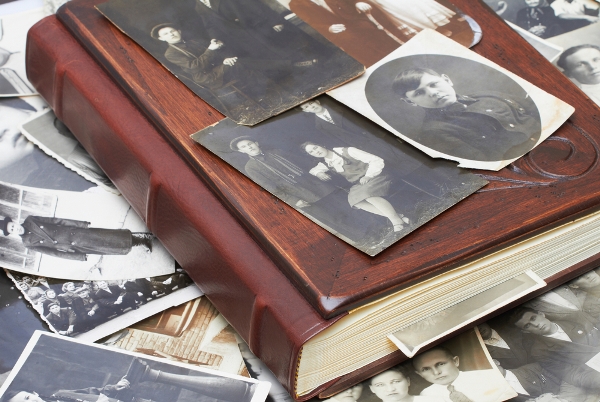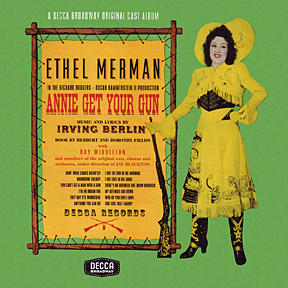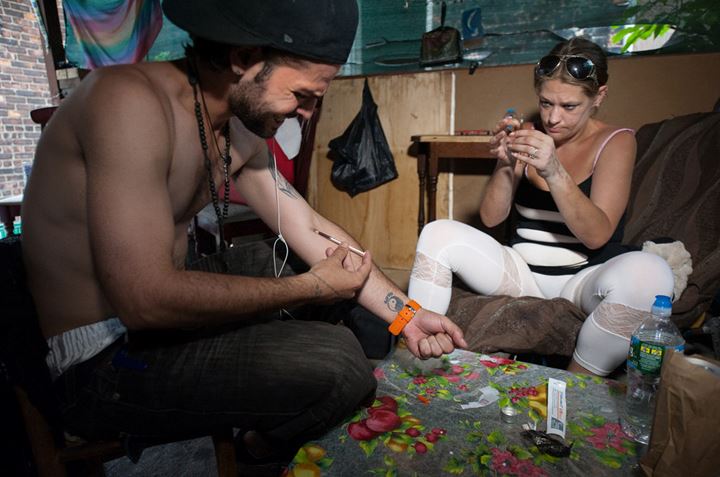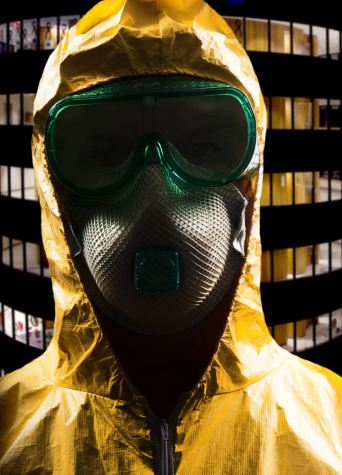 As with the four previous, we kicked off the week with Colin Norman’s tale of undergoing heart surgery. He’s feeling good but has turned his thoughts to the genetic nature of heart disease. He perused his family album in his mind and fretted for his daughters’ future.
As with the four previous, we kicked off the week with Colin Norman’s tale of undergoing heart surgery. He’s feeling good but has turned his thoughts to the genetic nature of heart disease. He perused his family album in his mind and fretted for his daughters’ future.
Then Erik made several connections between the institutional capacity of countries when it comes to science and, say, not killing their own people. He also bragged about how much he is traveling these days, which many of us here at LWON find pretentious.
Helen officially joined the rest of the world’s population by announcing her deep loathing for daylight savings time, along with a brief review of its history.
Then Ann took us back to the doctor’s office by saying that beauty of medicine is that it follows a narrative. And like writers, doctors are at their best when they feel involved with the story, such as at conferences where they swap tricky cases.
Cassie batted cleanup by taking on ebola quarantines. She’s a little tired of the national panic and is not convinced we should lock up every darned person who perhaps maybe thought about possibly coming in contact with an ebola patient.
* * *
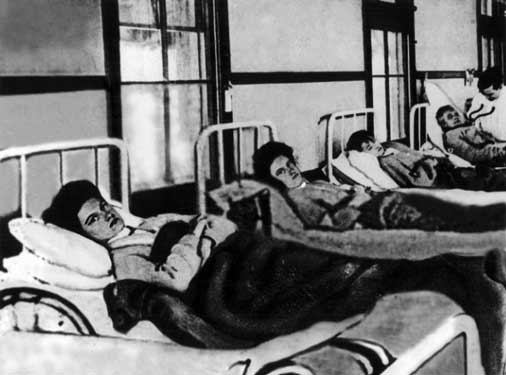 lop ebola. In the days before he died, Duncan infected two nurses. Last month, a New York doctor who had been working with Doctors without Borders in Guinea was diagnosed with the disease, becoming the fourth person to develop the disease in the US. The case count is vanishingly small, yet the infections have sparked a highly contagious epidemic of fear and prompted some states to adopt draconian quarantine policies.
lop ebola. In the days before he died, Duncan infected two nurses. Last month, a New York doctor who had been working with Doctors without Borders in Guinea was diagnosed with the disease, becoming the fourth person to develop the disease in the US. The case count is vanishingly small, yet the infections have sparked a highly contagious epidemic of fear and prompted some states to adopt draconian quarantine policies.